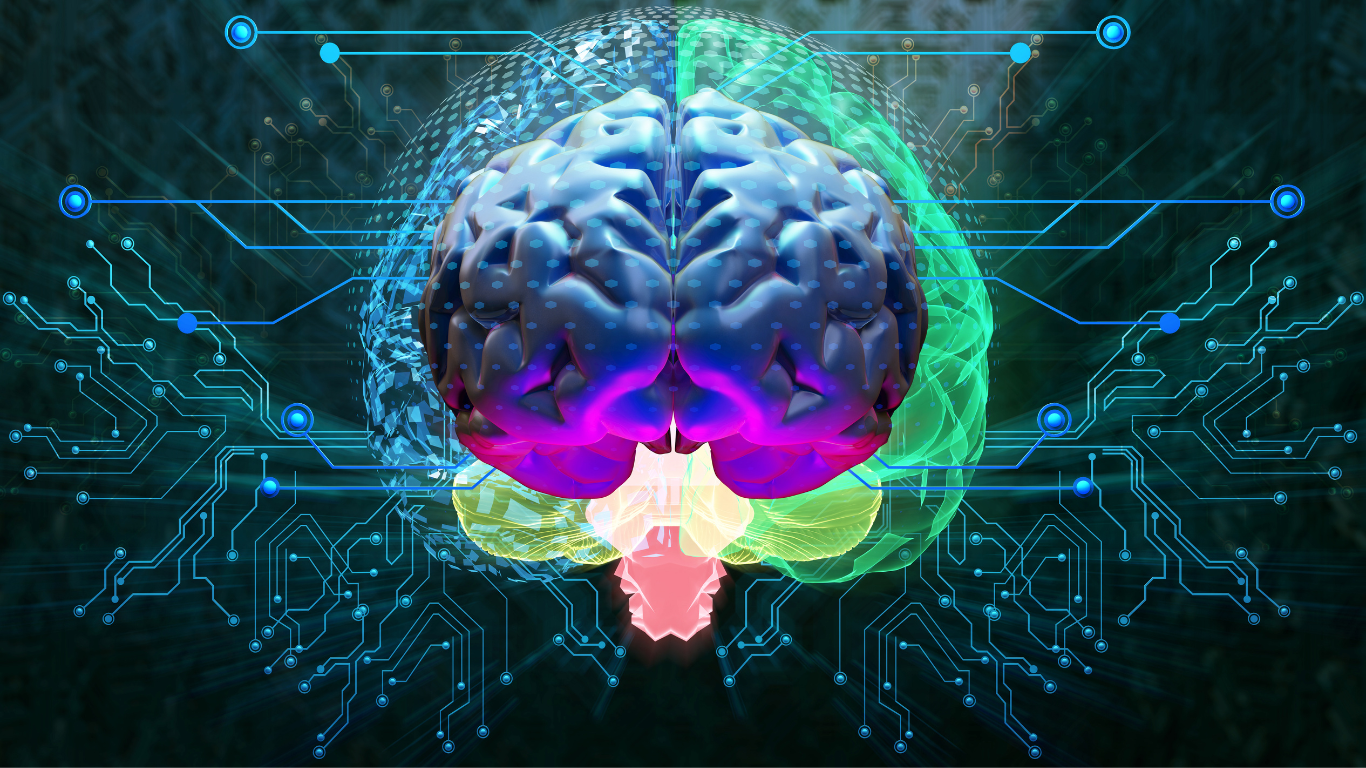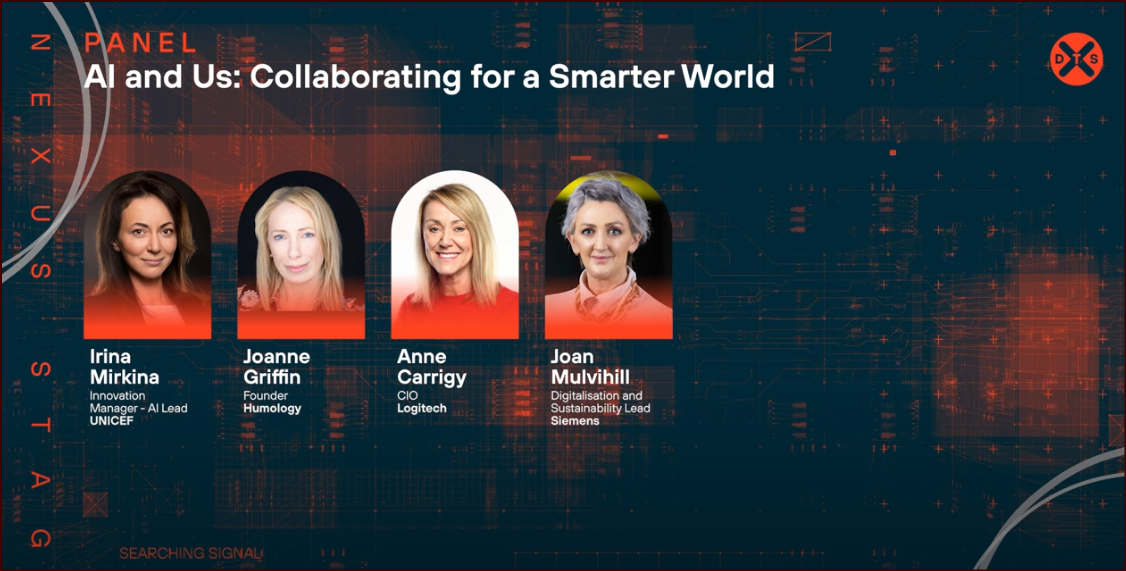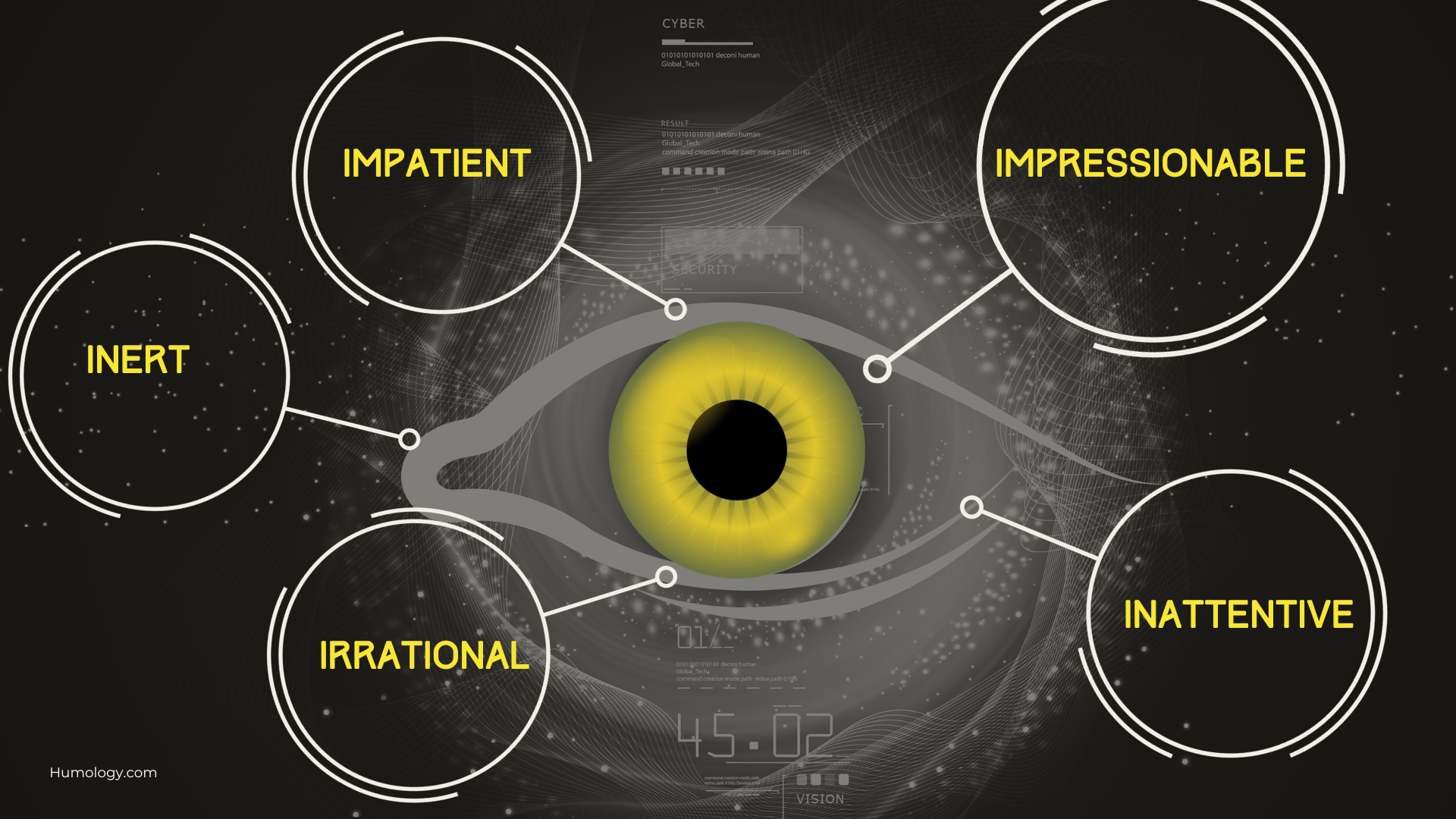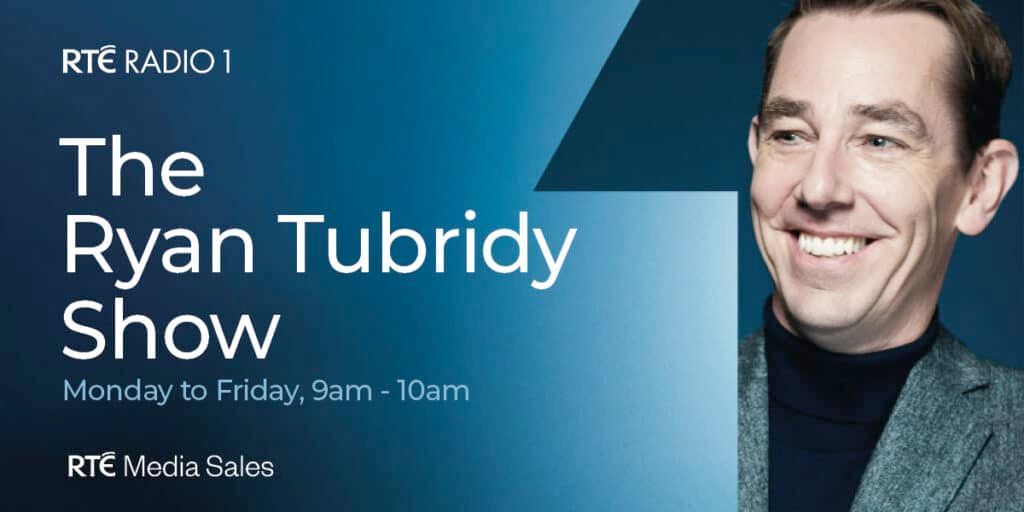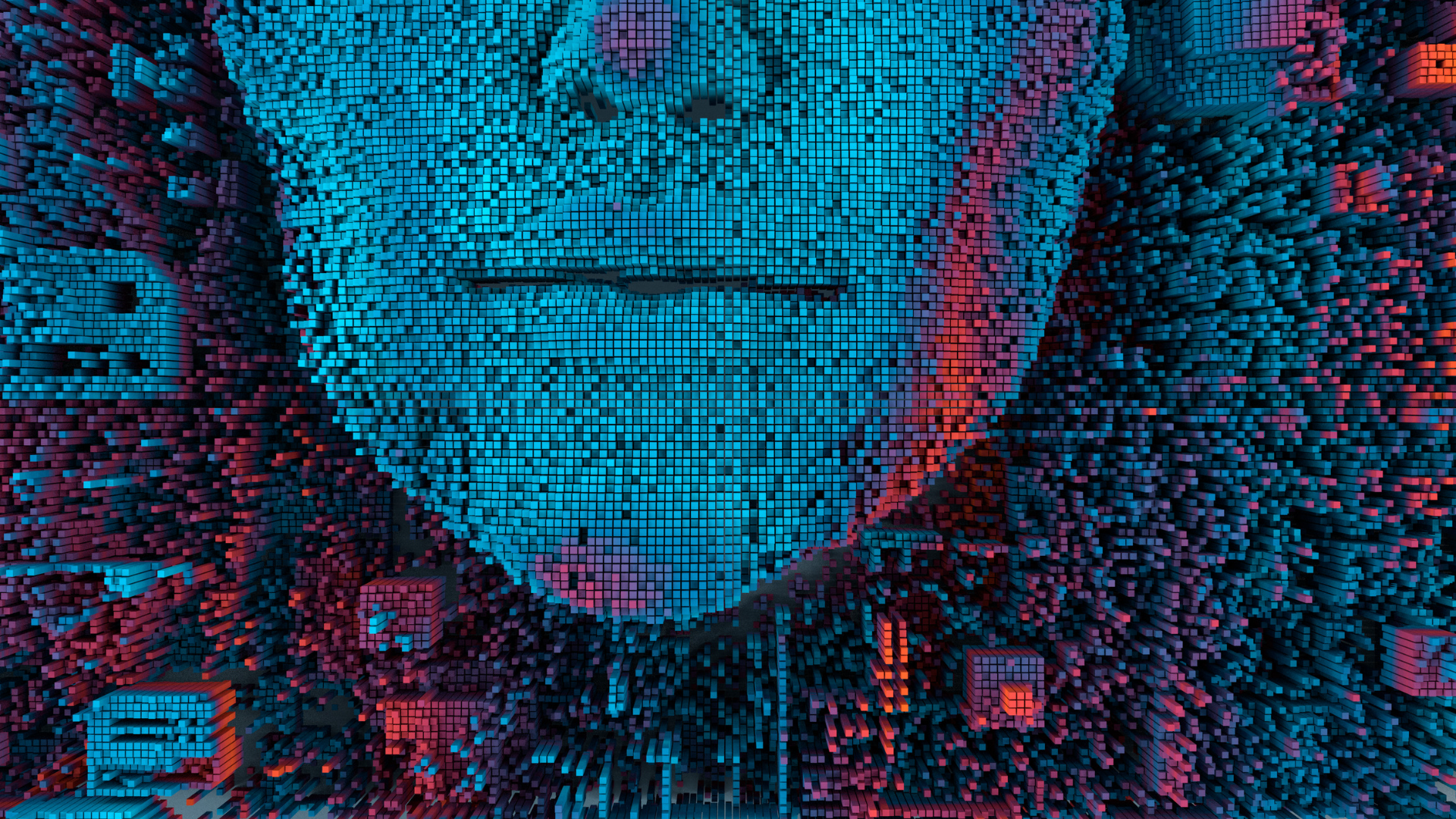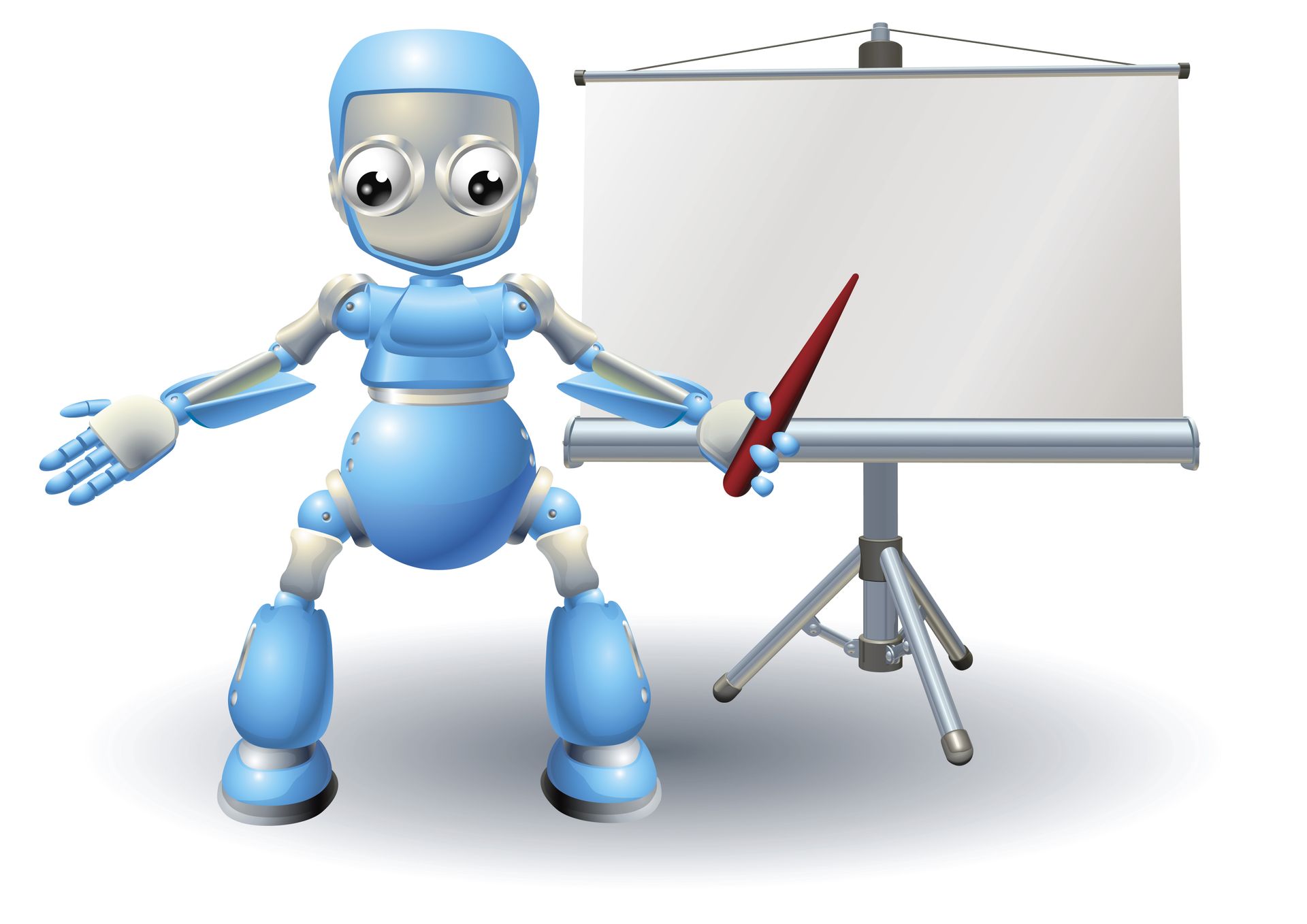The Productivity Paradox
“You can see the computer age everywhere but in the productivity statistics”
Nobel Laureate in Economics, Robert Solow (1987)
For all of the headlines about technology’s ability to make us more productive, we seem to be working more hours — not less. And while we feel busier than ever, it’s hard to avoid the feeling that we’re not getting very much done. How can that be? Why is it that in spite of all these advances, we end up working harder than ever?
Could it be that technologies have increased efficiency in many areas, pushing more and more information at us? However, we only have 24 hours in a day and we can only deal with so much information — are we becoming a bottleneck?
When email was introduced on a wide scale in the mid-1990s, we anticipated a productivity boon from replacing phone calls, faxes and even paper memos. But as email use became more widespread, the volume of our communications exploded. We ‘talked’ more than we ever had before, we embraced email like playing a game of tennis, desperate to keep the ball in play. Instant messaging made it even easier to communicate in ‘real-time’— we now play tennis at the speed of ping pong — costing us 10 valuable IQ points as we try to keep up.
In ‘ A World Without Email ’, Cal Newport poses the question:
What if email didn’t save knowledge work but instead traded minor conveniences for a major drag on real productivity, leading to slower economic growth over the past two decades? What if our problems with these tools don’t come from easily fixable bad habits and loose norms, but instead from the way they dramatically and unexpectedly changed the very nature of how we work? [2]
While we’re adopting new technologies faster than ever before, the promise of productivity has not, yet, materialised. So what’s really going on?
Frequent disruptions from incoming messages have taken a toll on our ability to focus - having a bigger impact on our ability to produce valuable output than we may realise. In fact, unnecessary meetings cost business $37bn in the US alone ! News headlines tell us everyday that we are becoming increasingly distractable and inattentive — with social media shouldering much of the blame. I don’t think it’s that simple. As with most complex problems, there’s rarely a single root cause.
The Lag Effect
Traditional structures, processes and mindsets create friction when introducing new technologies. Many organisations are rebuilding the plane while flying it, leaving many of us doing the ‘day job’ alongside implementing new tools and technologies. Faced with a Pandemic and accelerated digital transformation, is it any wonder we have an overwhelming sense of can’t even!
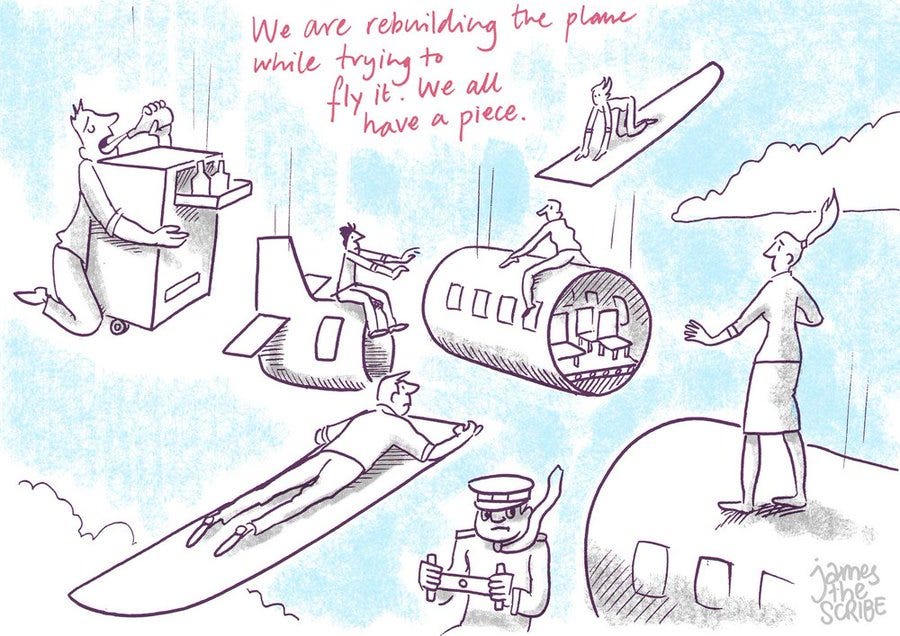
Hammer, Meet Nail
To a man with a hammer, every problem resembles a nail. Choosing the wrong tool for the job is perhaps one of the more significant drains on corporate and employee productivity. If we want to derive enormous value from the technologies at our disposal, we need to improve our matchmaking skills. We need to spend more time understanding the needs of the nail and pairing it with the right hammer for the job ( you get the gist! )
A recent study found that a lack of managerial and ICT skills, along with ‘poor matching of workers to jobs’ was hampering digital technology adoption. What use are these great new tools when we neither have the skills, time, or attention span to deploy them for our own benefit?
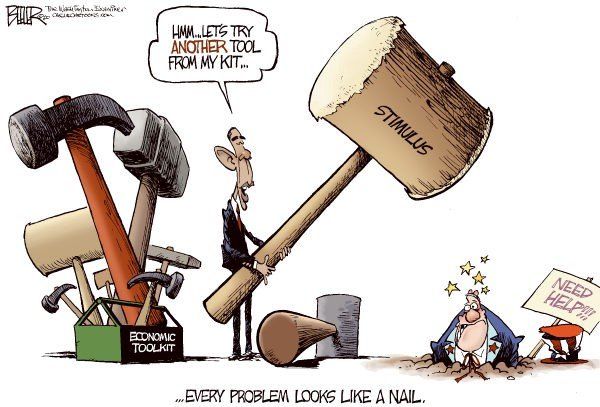
Free Falling
Platforms like YouTube, Facebook (and even Medium!) offer us unlimited shelf space for our content — so we fill it up because these days free means we are no longer using traditional currency to measure value. These days, you can make money giving things away. There really is such thing as a free lunch, and sometimes you can even get even more than you pay for.
Not only does this mean we have more stuff vying for our attention, but our current productivity measures do not take into account the gargantuan market of ‘bartering’ human attention for free content. We might reasonably argue then that economic measures of productivity need to be updated to properly represent today’s realities.
Improving organisational transformational capabilities, smarter matchmaking between technology solutions and corporate challenges, and a fresh look at how we measure productivity might provide us with some much-needed room to breath.
What is the cost of all that distraction? In 1971 the psychologist Herbert A. Simon presciently wrote, “ The wealth of information means a dearth of something else . . . a poverty of attention .” Research tell us that attention and focus are the raw materials of human creativity and flourishing. In the age of increased automation, the most sought-after jobs are those that require creative problem-solving, novel solutions, and the kind of human ingenuity that comes from focusing deeply on the task at hand.
When we’re distracted, we deplete one of our most valuable uniquely-human skills: our ability to think profoundly, solve puzzles, make connections, and do deep work. Not convinced? Take a look at how distractions enabled by technology can impact ourcognitive capacities:
Over to you — has technology delivered on its promise to save us from burnout and overwork? What can we do to capture the benefits that technologies have to offer us, and what will we do all that extra cognitive downtime?
References:
[1]Erik Brynjolfsson: The Productivity Paradox of Information Technology: Review and Assessment
[2] Cal Newport, A World without Email, 2021, Penguin Random House LLC

